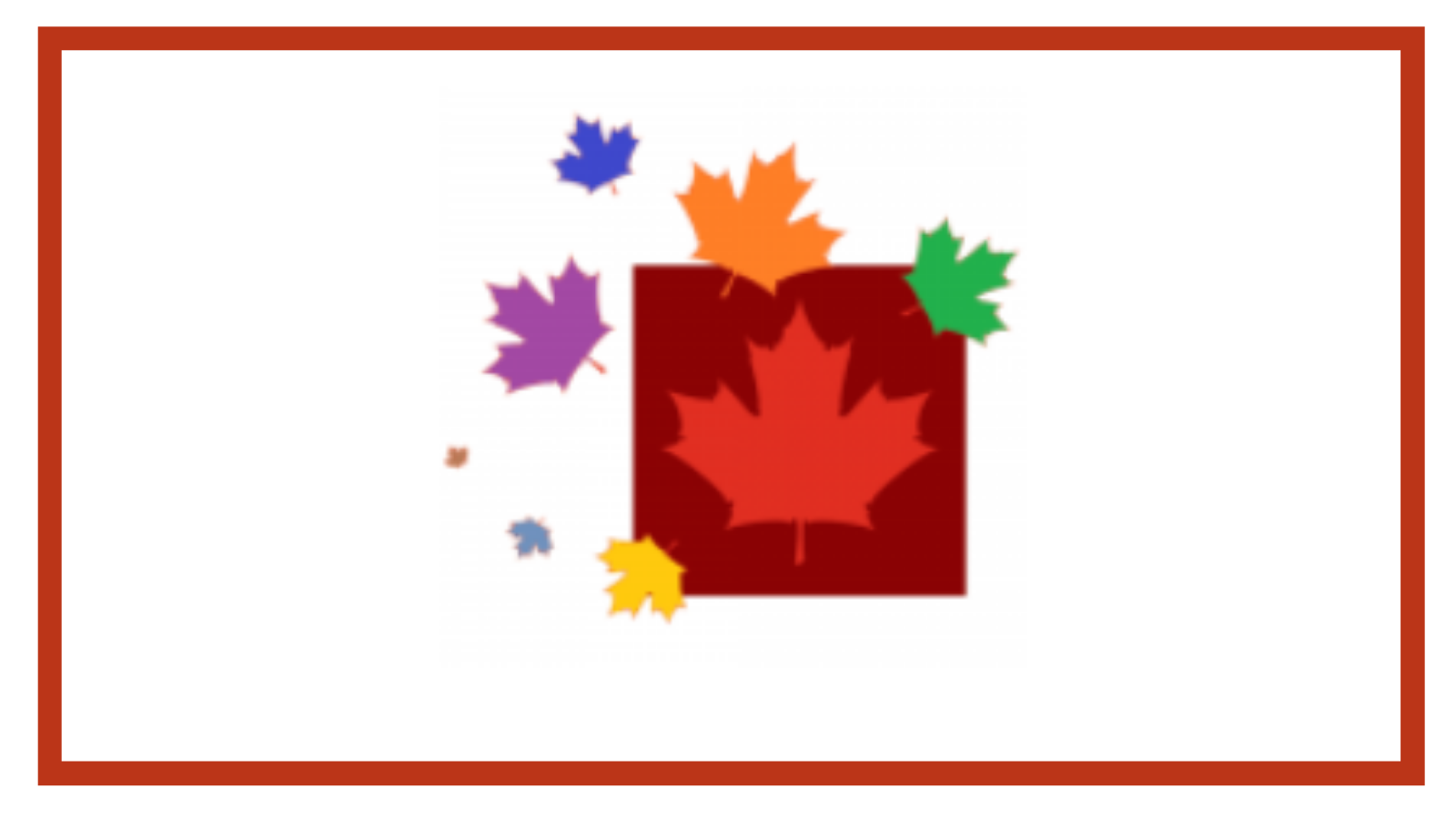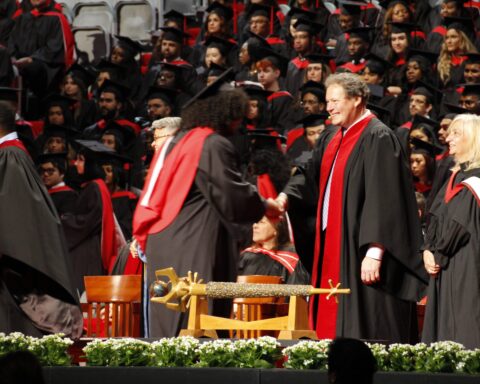Settlement workers seeking opportunities to upgrade their knowledge and exchange ideas about tackling the challenges faced by refugees, will be given the opportunity through a one-of-a-kind course offered at York University.
“Refugees and Forced Migration” is a one-week intensive summer course being offered from May 9 to 13, 2016 at York University in Toronto. Presentations will cover refugee and forced migration issues such as the law and legal context, diversity and resettlement in Canada and health care.
Johanna Reynolds, summer course director at the Centre for Refugee Studies at York University, says that participants come globally from countries such as Ethiopia, the United Kingdom, Germany and South Africa.
According to Dr. Christina Clark-Kazak, acting director of the Centre for Refugee Studies, the course will offer “Canadian context, but also international such as United States and Europe. This enriches the discussion.”
Participants will have a chance to visit local resettlement agencies and to speak with the people working on the frontlines. “It is rare to be in a room with people who have expertise with the refugee forged immigration issues,” says Reynolds.
Clark-Kazak, who herself participated in the course 12 years ago, hopes that the program will provide an opportunity for academics and people working with refugees to talk about the newest trends and what is currently happening.
“This is a valuable opportunity to share information globally.”
According to Reynolds, anyone who is passionate about the course topics would find this week very useful. “This is a valuable opportunity to share information globally, and to take it back to the workplace with the tasks such as policy making and advocacy.”
Reynolds says that the participants are offered a deeper understanding refugee and forced migration issues, which extend beyond what the media is covering.
“Participants see that refugee issues aren’t only with Syrians, but there are other issues too. [The] course brings up the complexity of the refugee and forced migration politics.”
Global perspective on resettlement and refugees
According to Clark-Kazak, the main demand for the course arose from outside of the university. People doing related work wanted to attend the centre’s courses, but couldn’t for different reasons.
“We saw the need and market in North America and Canada,” says Clark-Kazak.
“I feel it is important for learners to have a sense of how health intersects with refugee migration.”
Reynolds points out that networking opportunities involve making linkages with faculty members from the Centre for Refugee Studies.
Some of the expert presenters will include Michael Casasola, a resettlement officer with the United Nations High Commissioner for Refugees (UNHCR) in Ottawa, François Crépeau, United Nations Special Rapporteur on the Human Rights of Migrants and Director of McGill’s Centre for Human Rights and Legal Pluralism and Dr. Meb Rashid, physician and co-founder of Canadian Doctors for Refugee Care and the medical director of Crossroad’s Clinic.
“I feel it is important for learners to have a sense of how health intersects with refugee migration,” explains Rashid. “Although settlement issues such as housing and employment are often the greatest determinant of the health of newly arrived refugees, poor health often negatively affects settlement.”
He continues, “Those that struggle with medical problems often have challenges with employment, language acquisition, housing, etc. As such, it is important to inject health care into the discussion around refugee migration.”
Participation in the course in May requires registration, but a public lecture will be hosted as a part of the week on May 10.
“Refugee issues, as you know, could not be more salient than they are at present.”
The lecture will be presented by Dr. Jacqueline Bhabha, director of research at Harvard University’s François-Xavier Bagnoud Center for Health and Human Rights and professor at the Harvard School of Public Health.
“York University is known for the excellent work it has done on migration and refugee related issues for many years, so I was delighted to be invited to contribute to this worthwhile course,” Bhabha says. “Refugee issues, as you know, could not be more salient than they are at present, and the opportunity to engage students in key and challenging issues is more than usually welcome.”
Unique possibilities
Organizing a summer course doesn’t happen without challenges. As an example, Reynolds says that prospective participants have had issues with obtaining visas.
However, the organizers say the summer course is very much worth the effort of attending. Clark-Kazak mentions that the course can give busy policy makers and practitioners time to reflect.
“[The] course is a unique possibility for direct discussions after the presentations. It is a course that can offer a platform to come up with solutions to the refugee and forced immigration issues,” adds Reynolds.
“Every presenter and participant brings [a] different point of view and this course can mobilize participants to collaborate as project partners.”
The writer of this article was mentored by Leah Bjornson, a Vancouver-based journalist and New Canadian Media’s (NCM) Special Projects Editor through the NCM Mentoring Program.
Maria Ikonen has graduated with a M.A. in Media Science from University of Lapland and MSSc. in Journalism and Mass Communication from University of Tampere. A native of Finland, she is a member and active writer for Globalisti Magazine, a publication of Changemaker Finland that is an advocacy network working for global justice. She has written academic research about representations of masculinity and participated in research about religion in media culture.




